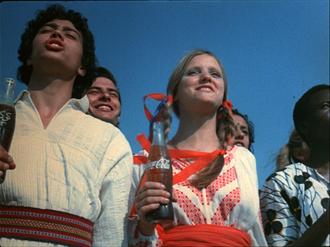
God talk is embedded in a lot of cancer conversations: “It is all a part of God’s plan.” “The universe is trying to tell me something.” “God doesn’t give you something you cannot handle.” (Major puke on that one.) “I’ll say a prayer for you.” These exchanges are so common we rarely think twice about them. Unless you are someone like me who doesn’t believe in God or the Universe.
Many people say a benefit of cancer is connecting with amazing people you might not otherwise meet. I agree. And part of that is meeting people with different religious faiths and beliefs, including non-belief. In Everything Changes, I met and wrote about an Evangelical Christian, conservative Jew, Buddhist, Muslim, Catholic, atheist, and a follower of Amma. I had with each of these young adult patients open conversations about faith and illness. I miss these conversations. Especially because in the greater cancer community, I often feel it is just assumed that I believe in God.
Last week, a super cute 8 year old girl was petting my dog Moses in the park. Out of the blue she asked me if I believe in God. When I told her I didn’t, she asked what I believe in. I replied: “I believe in people, and that if people want to we can help each other out and make great things happen in the world.” She seemed cool with that. We talked about her Baptist church and then she skipped away to the swings. I adored this simple, respectful, uncomplicated conversation.
In the cancer community, my not believing in god doesn’t seem as simple. A lot of patients and families relay on faith to get through illness. And sometimes it feels a bit uncomfortable when I acknowledge that faith does not play any role in my healthcare. I don’t judge anyone else who wants to use faith as a part of their healing. It just isn’t my own cup of tea.
I was raised Jewish. Judaism is a religion that does not proselytize, and a religion that is in the minority. I grew up noticing differences in religions yet never assuming that anyone believed in what my family believed and I never wanted or needed them to.
What role does faith play in your health? Have you met people of different faiths in the cancer community? Do you talk openly about your beliefs?
Read Everything Changes: The Insider’s Guide to Cancer in Your 20s and 30s for some cool conversations about health care and faith.
![]()
![]()
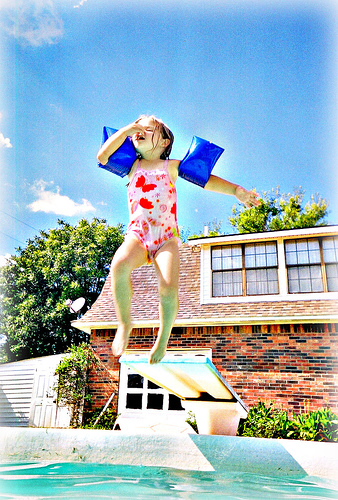
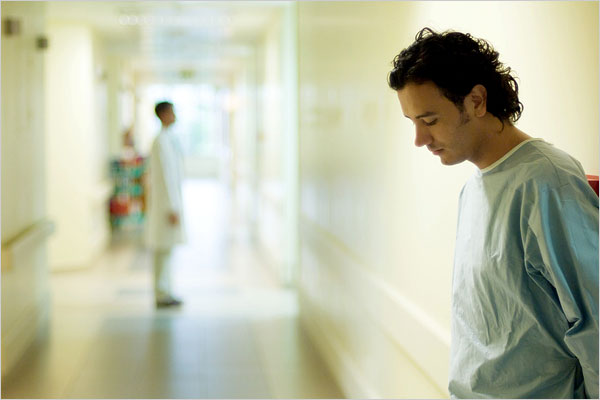
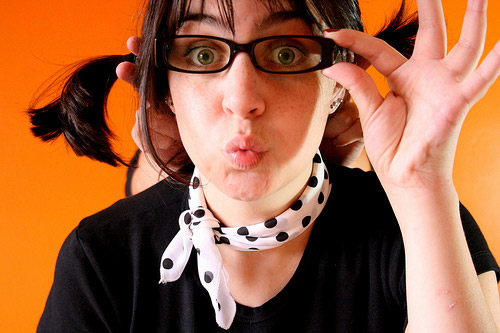


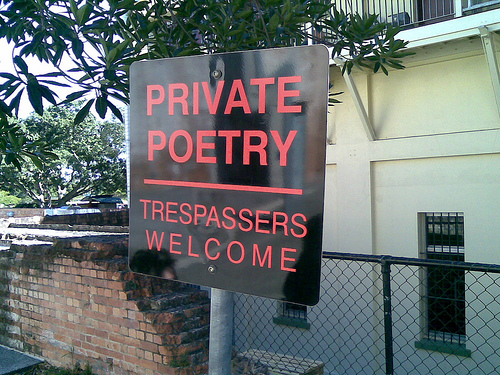

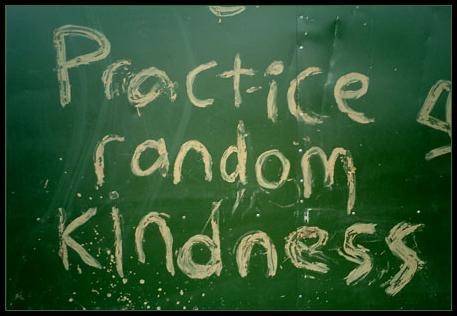
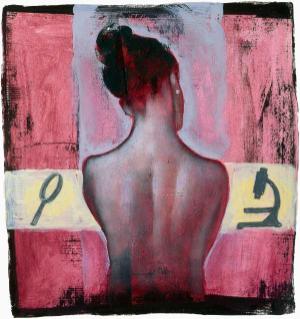
 “Everything Changes is, without doubt, the most forthright, emotionally sophisticated, and plain-old valuable book of its kind I've seen.”
“Everything Changes is, without doubt, the most forthright, emotionally sophisticated, and plain-old valuable book of its kind I've seen.”












